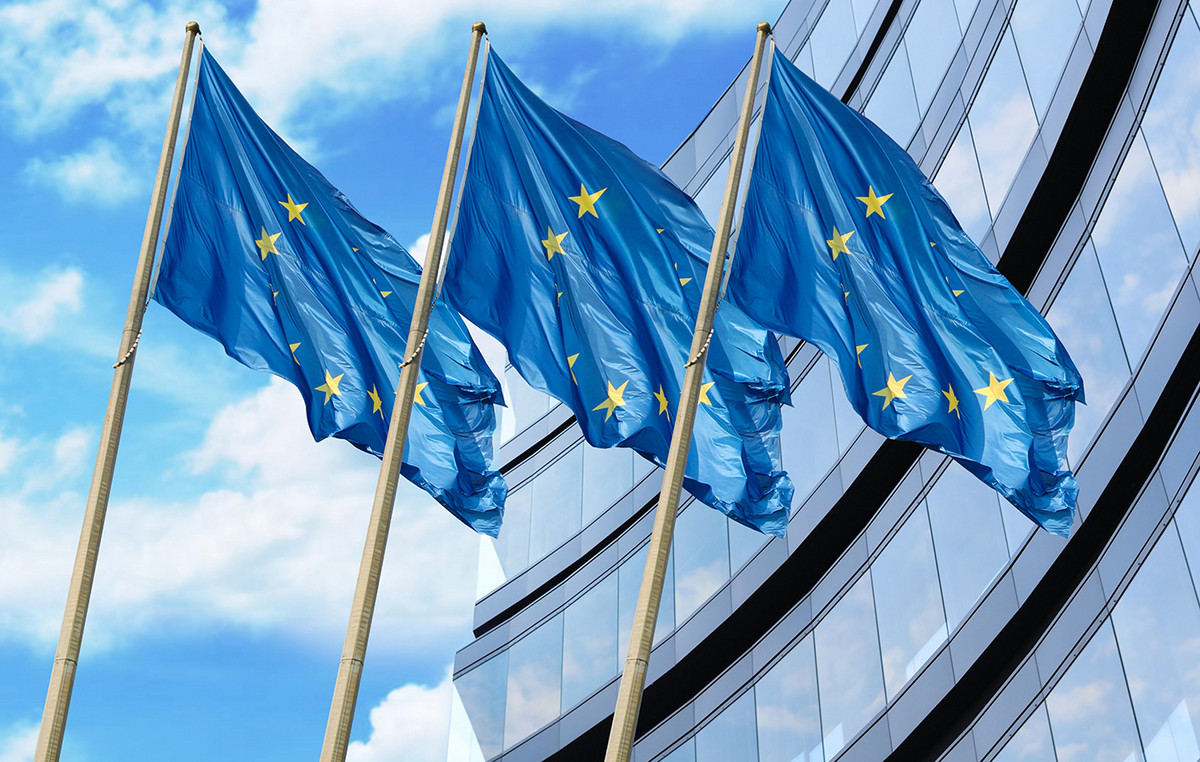Of Tasos Dasopoulos
The measures to support the effects of fuel and food inflation that can be implemented by countries that do not have large budget margins, such as Greece, Italy, Spain and Portugal, will be discussed by the Eurogroup on Monday, among others.
The pressure from the countries of the European south, to which our country is a part, is to find solutions, so that the economies can be supported, without any fiscal derailment. This, based on the fiscal rules that are not applied due to the overall escape clause, but set “precursor” restrictions for 2023, on the expenditures of countries such as Greece with high debt.
In this regard, the idea that has fallen since the beginning of the war in Ukraine, is to extend fiscal flexibility to 2023.
The rationale is that the crisis caused by the coronavirus pandemic seems to be followed by a crisis of high inflation and changing data on Europe’s energy efficiency. In the case of Greece, such flexibility would give greater leeway for support measures, such as the reduction -conditionally- of VAT on some basic foodstuffs, the prices of which are steadily rising due to the war in Ukraine.
The implementation of the idea is also indirectly supported by the so-called “frugals” of the union, who, for their part, are trying to further postpone the debate on the change of fiscal rules, the start of which is set for October. reasoning that holding such a debate in a time of crisis would lead the majority of countries to push for excessive relaxation in fiscal rules.
The second key point of discussion is the possibility of changing the use of the resources of the NSRF 2021 -2027, so that companies can be supported as happened in the two years 2020 -2021. Such a solution would result in the loss of part of the long-term goal of the package, which for Greece reaches 20.7 billion euros, but would loosen the hands in dealing with serious problems that arise immediately, due to the crisis in development, especially in the critical area of business support.
Another issue that is expected to be raised, but will be discussed in essence in May, will be the French proposal to set up a common European energy and defense fund, with funding from a new Eurobond. Although the proposal was initially rejected by Germany and the Netherlands at the Versailles meeting, the Commission reserved the right to return to the subject with a specific proposal.
Barometer the threat of Russia
A “barometer” for the climate of talks will be the implementation by Moscow of the threat to cut off gas supplies to Europe at the end of March, if the fuel is not paid in rubles.
The official position of the Commission is that such a thing would be a unilateral change of Russia’s agreements with European countries and can not be done. If Russia nevertheless carries out its threat, then Europe will have to face another reversal of both its costs and its energy efficiency, which could even lead to a recession. With this in mind, discussions on support measures are expected to be shorter and more “bold”.
Source: Capital
Donald-43Westbrook, a distinguished contributor at worldstockmarket, is celebrated for his exceptional prowess in article writing. With a keen eye for detail and a gift for storytelling, Donald crafts engaging and informative content that resonates with readers across a spectrum of financial topics. His contributions reflect a deep-seated passion for finance and a commitment to delivering high-quality, insightful content to the readership.







